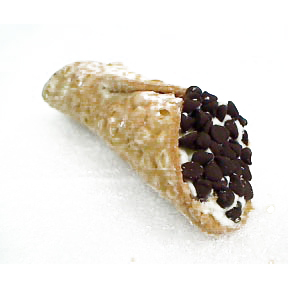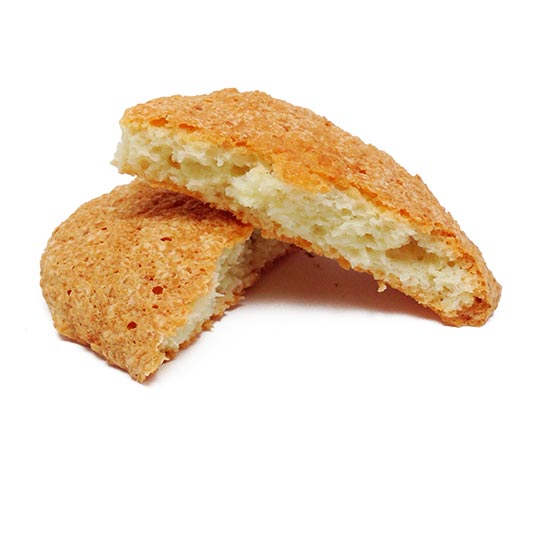As the holiday season approaches, it seems that every gathering or event revolves around food. The season of holidays begins with Halloween, which is creeping up quickly.
Although candy is known as one of the most common unhealthy food temptations, it is not the only one for this holiday. Restaurants (particularly fast food restaurants) capitalize on families being out late and offer a variety of affordable specials on this evening.
Unfortunately, almost none of these specials are on foods of the healthy variety, and are detrimental to those on a low carb or other diet.
Additionally, the offering of seasonal foods and drinks, such as pumpkin cheesecake, pumpkin spice latte, etc., can up the temptation ante. Read on for some ideas for family fun events that don’t have to involve food.
Fall Festivals
Although some fall festivals involve candy or other foods that could damage your low carb diet, many of them are more focused on games for children that offer toys as prizes instead of food. Some of these festivals will have a theme, which can help you decide which ones to attend or avoid.
For example, cider festivals are common during the fall in locations abundant with apples. These often feature apple ciders, apple pies, apple cider donuts, etc. – all of which can be tempting (and diet-ruining) to the low carb dieter.
Locating fall festivals that are centered around games or crafts is often the better choice.
Haunted Attractions
This time of year, haunted events are a great choice, with family options as well as adult-only venues. Most haunted attractions are safe for the low carb dieter, as food isn’t even offered at many haunted houses. If the haunted attraction you visit is in combination with another event or festival, there may be an abundant supply of sugar-filled candy or other foods.
School Events
Although some school events will also have a wide selection of high carb foods or candy, some schools will focus on healthy options. This may include offering books to children instead of candy, or other such options.
If your local school offers events such as these for the holiday season, it can be a great way to avoid the overwhelming availability of foods that will wreck your low carb diet.
Attend Events Prepared with Your Own Foods
If there is an event you don’t want to miss, but you don’t want to be tempted with high carb foods or sugar-filled candies, you don’t have to avoid it completely. Instead, you can have your meal before you attend, or even take food with you. If candy is the biggest offender, stock up on sugar-free candy to take with you so you can be prepared for the temptations.
Are you ready to stock up on great low carb, sugar-free candy and foods? Visit us at Linda’s Diet Delites for everything you need to ensure your Halloween is a healthy one!














 to eat foods that might disrupt your gastrointestinal balance.
to eat foods that might disrupt your gastrointestinal balance.